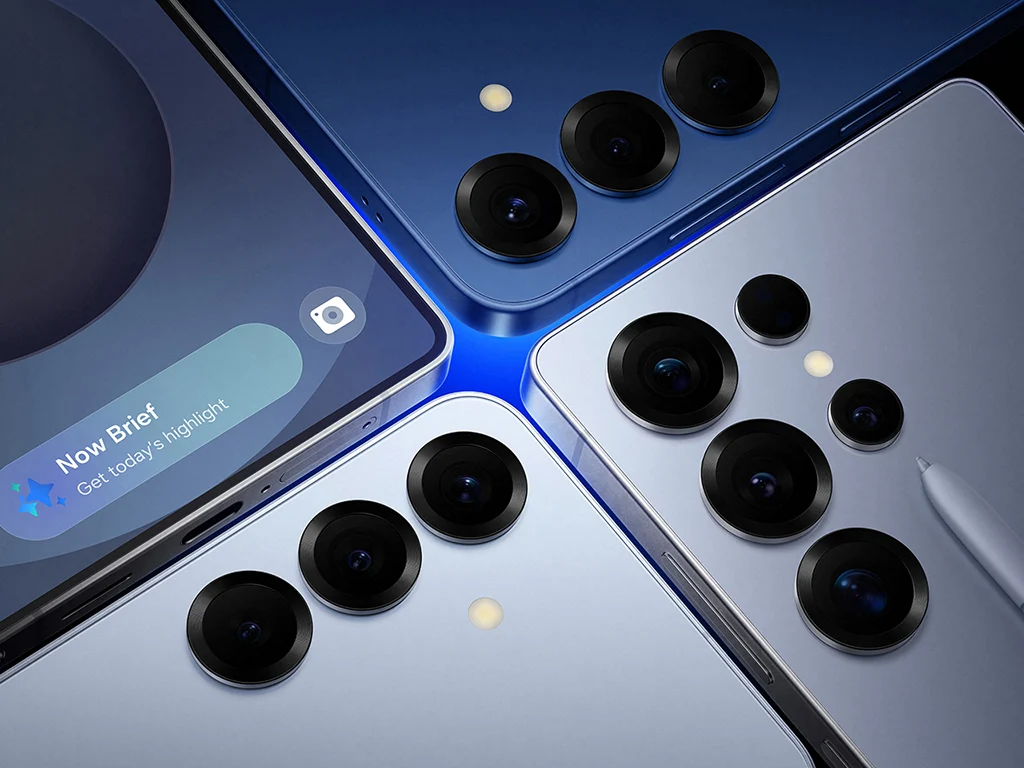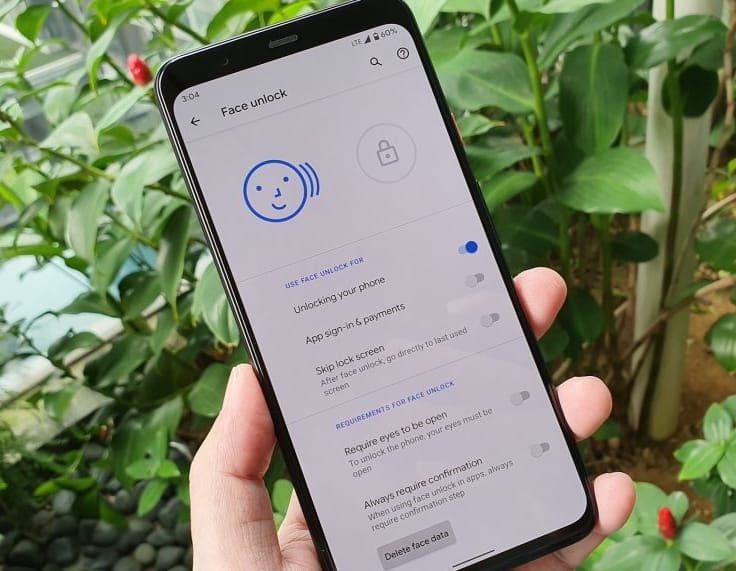Key Takeaways
1. Enhanced Face Unlock Performance: The Galaxy S25 series features a quicker and more reliable face unlock function, performing better in low-light conditions and at wider angles.
2. Lack of Dedicated Hardware: None of the S25 devices have specific hardware for face unlock, meaning they cannot create a 3D depth map like Apple’s iPhones.
3. Unchanged Front Camera: The front camera specifications remain the same as the previous generation, indicating no hardware improvements in this area.
4. Software Improvements: The better face unlock performance may be due to software tweaks in One UI 7, which includes a new setup prompt requiring users to tilt their heads.
5. Potential for Older Models: Previous Galaxy models could experience similar face unlock enhancements if they receive the One UI 7 update, suggesting that the improvements are not exclusive to the S25 series.
The Samsung Galaxy S25 series doesn’t bring many significant upgrades, but it does feature several minor enhancements in both software and hardware. One notable upgrade is the face unlock feature, which users say works better than in the previous generation.
Improved Face Unlock Performance
Specifically, users of the Galaxy S25 series are sharing that the face unlock on these new devices is quicker. They also mention that it is more dependable, functioning well even in less-than-ideal lighting situations. Additionally, some users have pointed out that this biometric feature can recognize faces from wider angles compared to what was possible on older models.
No Dedicated Hardware
It is important to mention that none of the Samsung Galaxy S25 devices have specific hardware for face unlock. This means that the biometric feature is unable to create a 3D depth map of the face, making it less accurate than the technology found in Apple’s iPhones. Furthermore, the front camera across all S25 models remains unchanged from the previous generation.
Software Tweaks for Better Results
If these reports are accurate, it seems that Samsung may have improved the software to enhance the reliability of the face unlock feature. This possibility is supported by a test conducted by Android Authority. According to their findings, during the setup of face unlock on the Galaxy S25 Ultra (512 GB currently priced at $1,299.99 on Amazon), One UI 7 prompts the user to tilt their head upward while scanning their face.
This requirement was absent in the setup of One UI 6.1 on the Galaxy S24 Ultra, which might explain the better performance of the face unlock in the new Galaxy S25 series. Thus, it’s feasible that the previous generation, and even older flagship models, could see similar improvements in face unlock functionality once they receive the latest One UI 7 update.
Source:
Link


